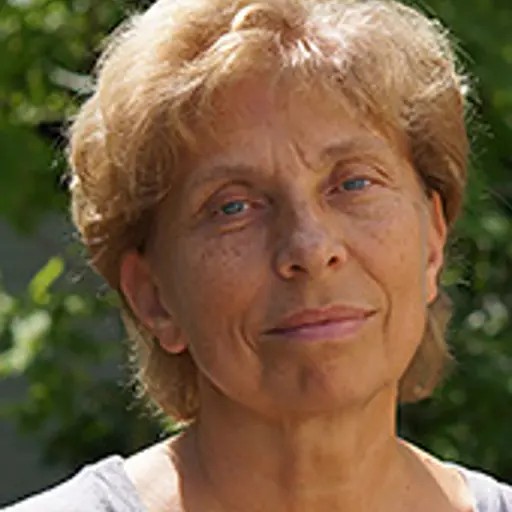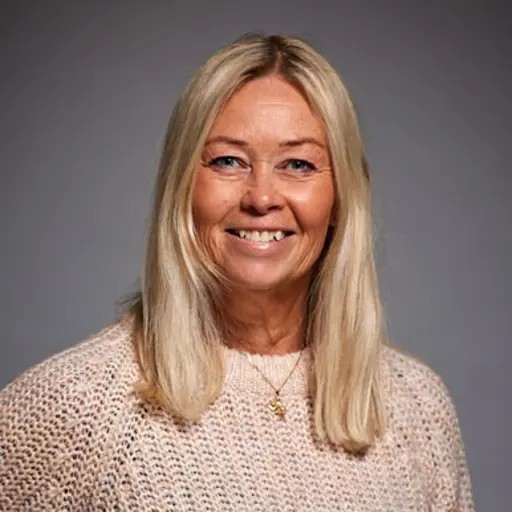
Sound and vibration are a fundamental part of our daily lives. Sight and hearing deliver our mainstream of information from the outer world. The discipline of acoustics has primarily developed over the past 150 years and is today a research subject with numerous subdisciplines. These are grouped around the fundamentals of acoustics, which include wave generation and wave propagation in different media, but also have connections to Earth sciences, Life sciences, Art and Engineering.
Do you want to study the doctrine of sound in depth? As a doctoral student in the graduate school of Technical Acoustics, you will learn to create and preserve healthy and sustainable environments and to support the development of products and services with suitable sound and vibration properties. The graduate school has a strong focus on promoting the interdisciplinary character of the field. Read more in the study plan.
The graduate school is organised within the Department of Architecture and Civil Engineering.
Syllabus
Established by the First Vice Presidenton 2005-11-08, registrationnumber C 2005/1199.
Latest revised on 2021-07-06, registrationnumber ACE 2021-0171.
This syllabus applies to doctoralstudents admitted as of 2021-08-20.
Regarding older syllabus, please contact the first vice/vice head of department
Transitional regulations:
A doctoral student admitted to an older syllabus may earn a degree in accordance with this, provided that the current Appointment regulation for doctoral programmes and current Local Qualifications Framework – third cycle qualifications are followed.
Doctoral students admitted to an older syllabus of graduate school Applied Acoustics can, how-ever, change to the current syllabus by an application to the Deputy/Vice Head of Department. The change must be documented in the individual study plan.
The graduate school is regulated by the Appointment regulation for doctoral programmes and the Local Qualifications Framework for Chalmers University of Technology - third cycle qualifica-tions and is described in the syllabus for the graduate school. In the event of any conflict be-tween the documents, the Appointment regulation for doctoral programmes and the Local Qualifications Framework for Chalmers University of Technology - third cycle qualifications are governing. For the most recent version of all regulatory documents referenced in this syllabus, see Chalmers’ Intranet.

